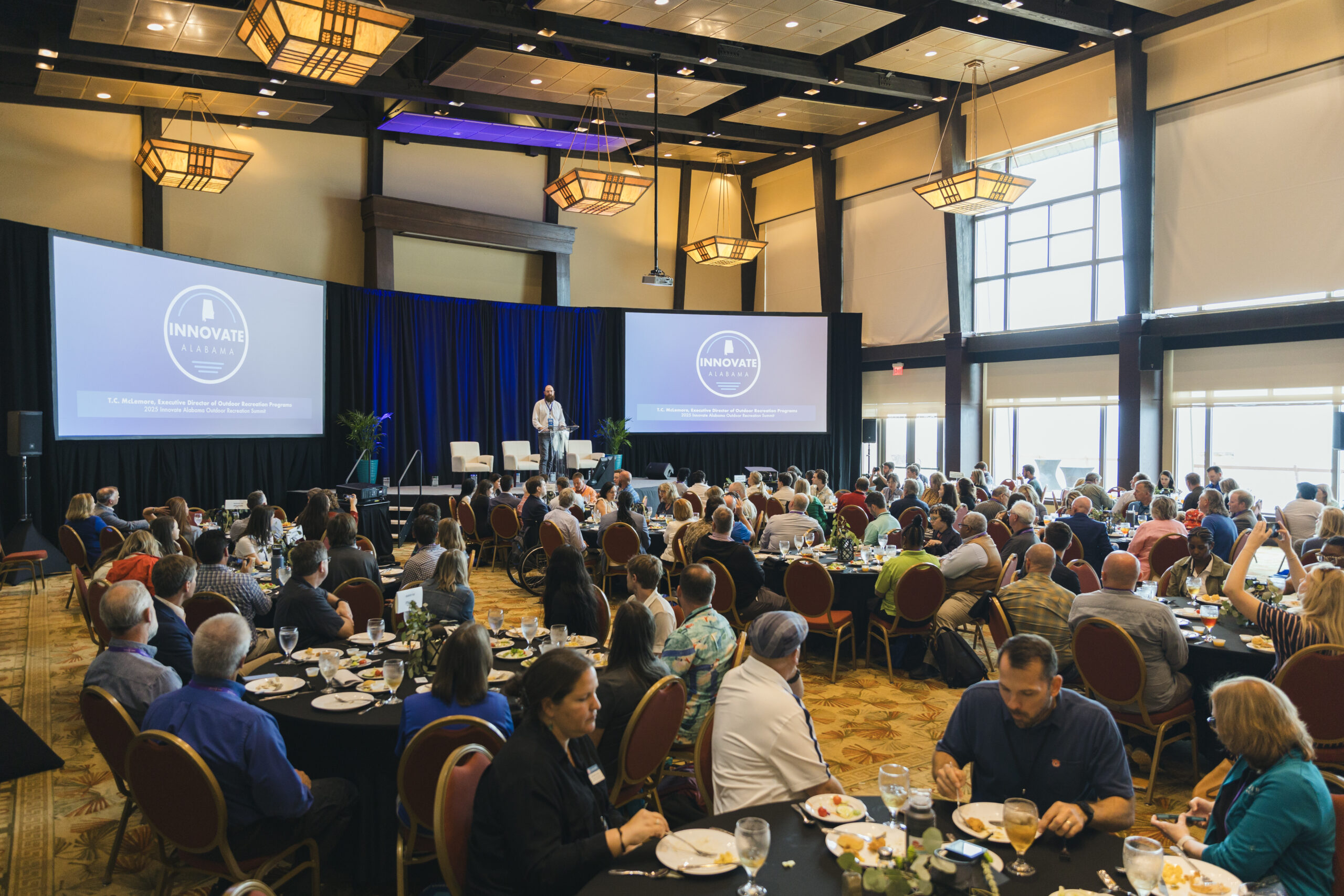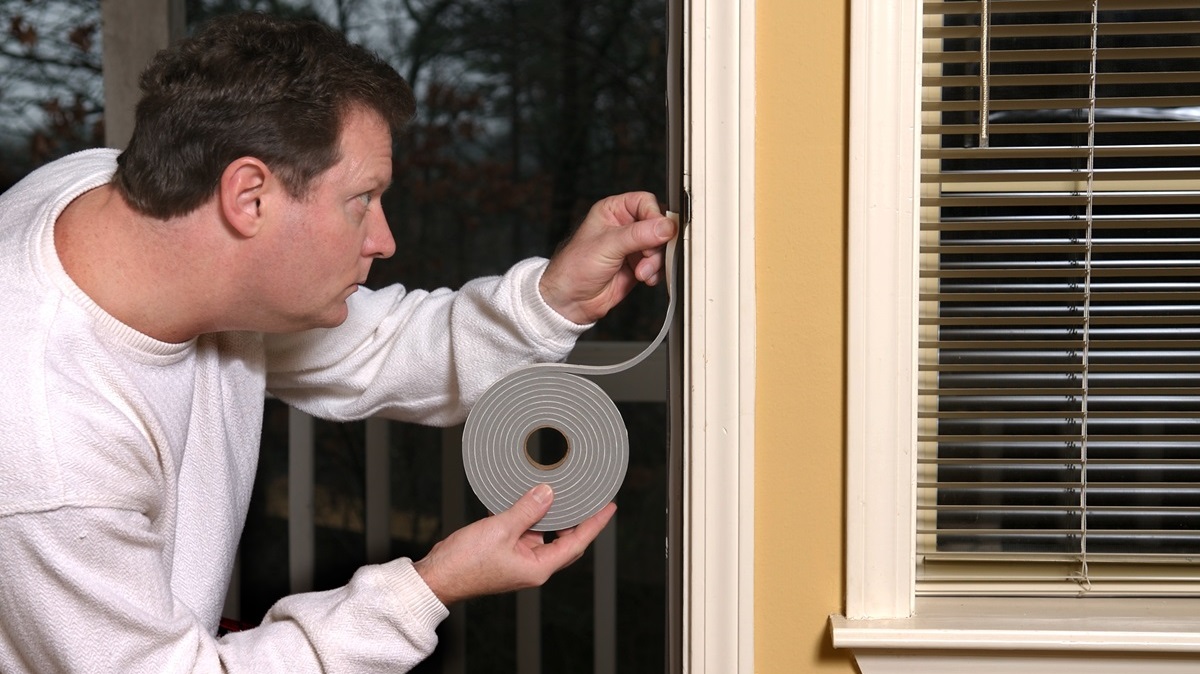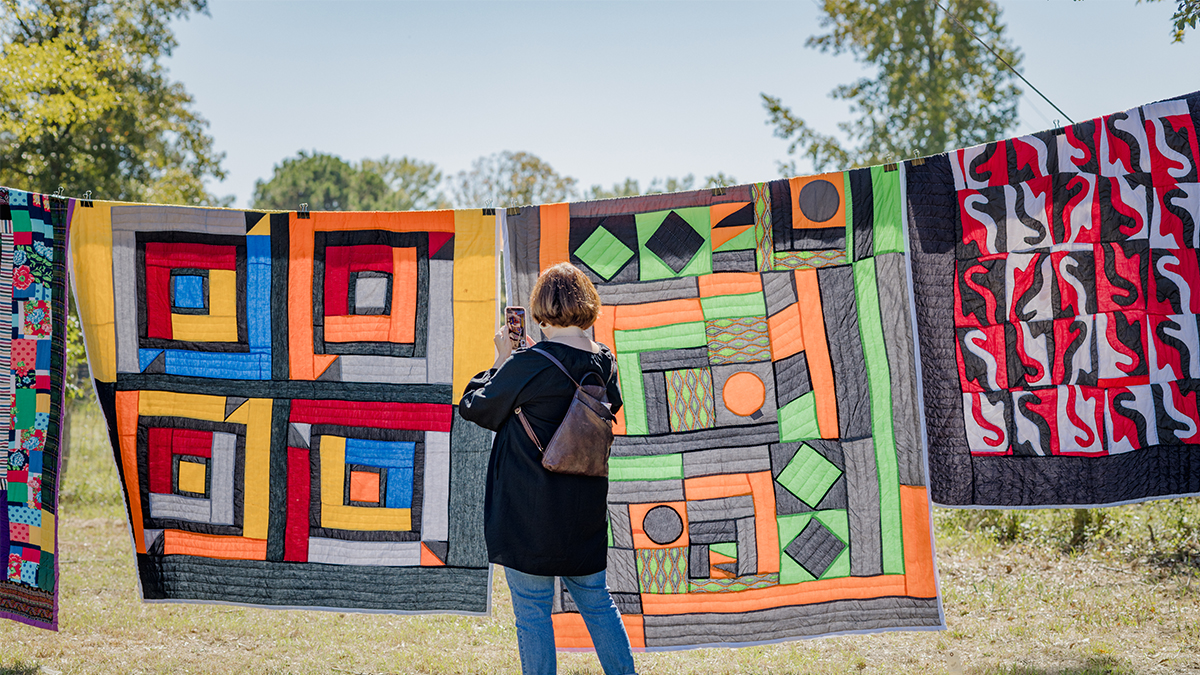Selma’s historic Brown Chapel breaks ground on $1.3 million restoration

Officials attend a ceremonial groundbreaking for a $1.3 million restoration of Selma's historic Brown Chapel AME Church, which was a key meeting place in the voting rights movement of the 1960s. (James Jones/The Selma Times-Journal)
Historic Brown Chapel AME Church in Selma broke ground this week on a $1.3 million restoration, with Gov. Kay Ivey and U.S. Rep. Terri Sewell among those in attendance.
The church played an important role in the events that led to the passage of the Voting Rights Act of 1965. Restoration of the structure built in 1908 will include electrical work, roof work and cupola repairs.
Sewell recalled growing up in Selma and attending the church with her family. “It’s always good to be back in Selma,” she said.
The $1.3 million grant from the National Park Service, Sewell said, will “ensure that America’s story lives on, that we who are members of this great church are not alone in preserving it, because this church is a part of America’s history.”

Brown Chapel AME Church in Selma is important in American history. (file)
Dr. Leroy Maxwell, who presided over this week’s event, presented Sewell with a plaque honoring her late mother, Nancy Sewell, a longtime member of Brown Chapel AME and a teacher in Selma for 36 years.
Ivey praised Brown Chapel for its actions during the voting rights movement.
“The love of Brown Chapel AME Church will forever be shared by our state to the world, to be a representative of doing the right thing even when it can be dangerous,” Ivey said. “Brown Chapel serves as a reminder of perseverance.”
Brown Chapel Pastor Leodis Strong thanked Ivey, a Camden native, for attending. “You crossed a line where others did not have the courage to cross,” Strong said.
Selma Mayor James Perkins Jr., Dallas County Probate Judge Jimmy Nunn and Selma City Councilman Michael Johnson also spoke at the ceremony.
“For all of our success and challenges, to God be all the glory,” Perkins said.
Nunn said it’s always wonderful to talk about the historic church’s legacy. “It’s a great day for the city of Selma to honor the headquarters for the Voting Rights Act,” he said.
Harry Seawright, presiding prelate bishop for the Ninth Episcopal District, said Historic Brown Chapel remains the standard bearer for the district’s churches.
“I call Brown Chapel the mother of our 285 churches,” Seawright said. “It represents the civil rights movement.”
This story originally appeared in The Selma Times-Journal.





